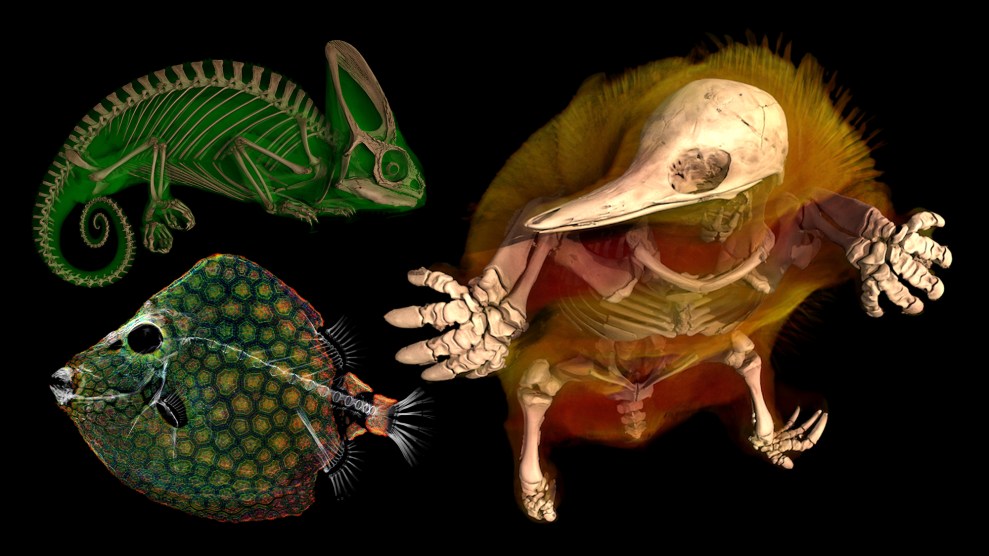Last Friday in Igiugig, a village on the Kvichak River in Alaska, residents of the town (population 70) drove at least 20 vehicles to the airport to cast light on the runway as a medevac plane circled above.
A child needed to be airlifted to a hospital. But the lights of the state-operated airport weren’t operating properly. The vehicles guided the plane down.
The story was reported by the local station KTOO and by the New York Times. One of the leaders of the group that helped the plane was Ida Nelson. Here’s a bit more about how she gathered people to help. It involves, of all things, a late-night steam bath:
Ida Nelson had just climbed out of a steam bath and was getting dressed when she heard the LifeMed plane fly over her village…
“Anytime there’s any type of planes flying after dark, you always assume it’s going to be something urgent and an emergency,” she said.
She can see the airport from her steam bath. And when she looked to see what was going on—the runway lights weren’t on.
“Normally if you push the button like 10 or 15 times the lights will just light up,” she said. “But they didn’t and so the medevac plane flew over the village.”
She hopped onto her four-wheeler and sped the few hundred yards to the runway. Her neighbor jumped in to help too.
This is very moving, and concerning (fix those lights!). But it’s also a good example of how civic engineering undergirds our entire lives. (See the fact that the United States has two measurements of feet for no reason, and the havoc it causes.)
There’s one way of thinking of these kinds of events—one-off moments of humanity peeking through. But it’s actually a civic mindset we’re reminded of. This isn’t the first time Nelson has been profiled for what seems to be her regular practice of helping her neighbors. She’s featured in an article in Hakai Magazine that highlights the practice of villagers in coastal communities sharing smoked fish in winter. It’s a bigger deal than that might sound:
In a community where a jug of fresh milk is considered a luxury item, with a $20 price tag, fish shared from the Christensen smokehouse contributes nutritious food to freezers and pantries throughout the long, cold winter months. But each act of sharing involved in bringing salmon to a loved one’s dinner table—from mending nets to delivery, and even child care—serves an additional purpose. It gives a reason to check in with those who can’t fish themselves and to ensure they have everything else they need, like medication, a working furnace, and a shoveled driveway. Together, these interactions keep families and community members connected and thriving…providing support that’s just as essential to human survival as food.
And here is Nelson again:
Ida Nelson of the Bristol Bay village of Igiugig is Yup’ik and a single working mom. Because she doesn’t have the time to fish and hunt, she welcomes gifts of moose and fish each year. “I think we’re a lot richer than the statistics say we are,” she says.

















